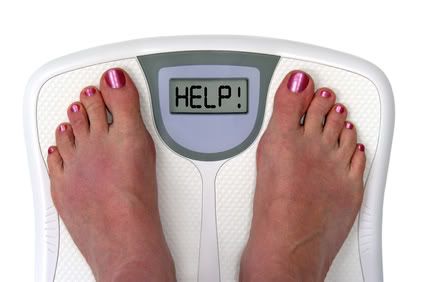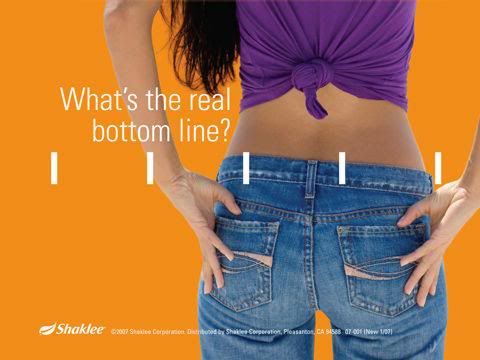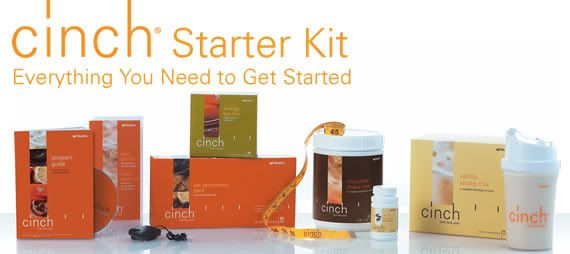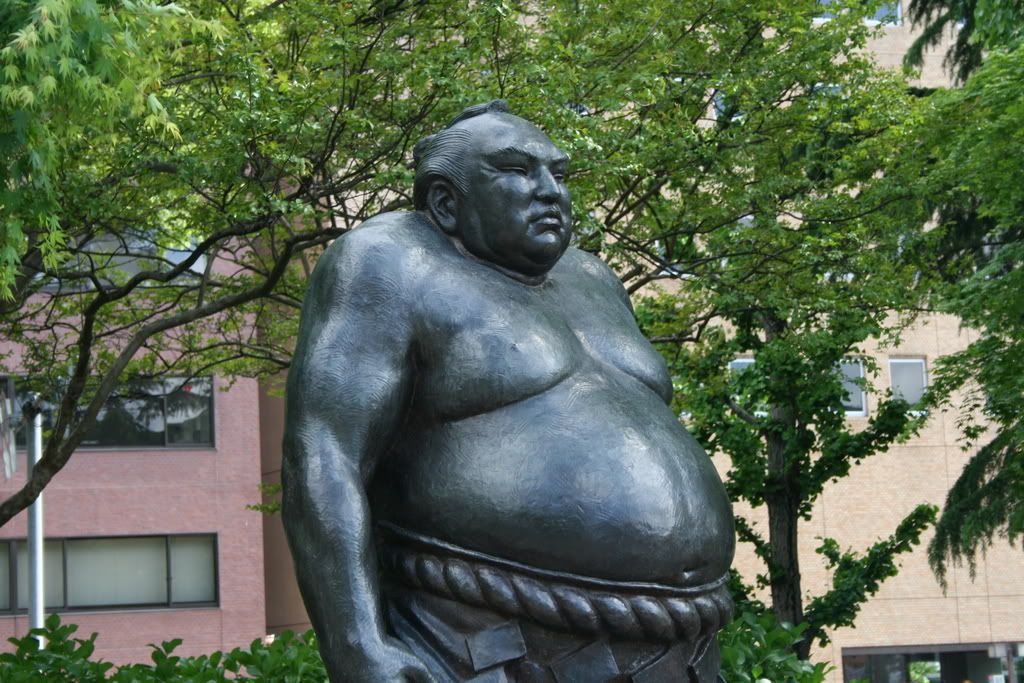Shaklee Distributor in Dallas talks about healthy eating habits.
Many of us have developed unhealthy eating habits over the years and we may not even be aware of them. We may be eating too fast or eating may have become an unconscious thing that we do. Besides the choices of foods we make, let’s look at some ways to actually eat our food that will help us to get more enjoyment from it, but better still, to have better digestion and absorption of our food.
If you are eating too fast, try these tips:
- Use a timer to take at least 20 minutes to eat. Chew thoroughly.
- Put down your fork between each bite. Savor each bite.
- Take small sips of water between each bite. After swallowing the food, please.
- Use chopsticks (especially if you’re not good at it).
- Create some type of a delay – get up from the table midway through your meal.
Other ways to establish more conscious eating habits are:
- Only eat sitting down in the kitchen or designated eating area. Relax with your meal.
- Always leave a small amount of food on your plate.
- Chew slowly and thoroughly. Digestion starts with the enzymes in your mouth.
- Drink water with your meal. Avoid alcohol which competes for digestion.
- Use a smaller plate. This makes your portion sizes look bigger than they are.
- Limit other activities while eating (e.g., watching TV). Again, concentrate on the food.
- Brush your teeth immediately after to finalize your eating.Plus, it’s just good hygiene.
- Do not eat within three hours of bedtime. No nightmares, please.
- Continually ask yourself if you are truly hungry. Listen to your body.
- Do not skip meals. Keep your system functioning and avoid the ravaging hunger later.
Put some thought into your eating habits. Make small changes, one at a time. The compound effect of one small change over time is great.
If you are concerned about how much food you are eating and want to reduce your weight, check out the Cinch Inch Reduction Plan from Shaklee.
Dallas Health Helpers, Shaklee Distributor in Dallas is about being healthy and at the appropriate weight without drugs or synthetics. Call 214.770.9596 or email us to learn more about vitality and health.


 Why you’re not getting enough vitamin D
Why you’re not getting enough vitamin D focus on calorie count, fat counts or protein levels.
focus on calorie count, fat counts or protein levels. many micronutrients. Energy intake decreased from baseline in all 4 groups but was similar between groups. At 8 weeks, a significant proportion of individuals in all groups indicated a risk of inadequacy of micronutrients.
many micronutrients. Energy intake decreased from baseline in all 4 groups but was similar between groups. At 8 weeks, a significant proportion of individuals in all groups indicated a risk of inadequacy of micronutrients.

